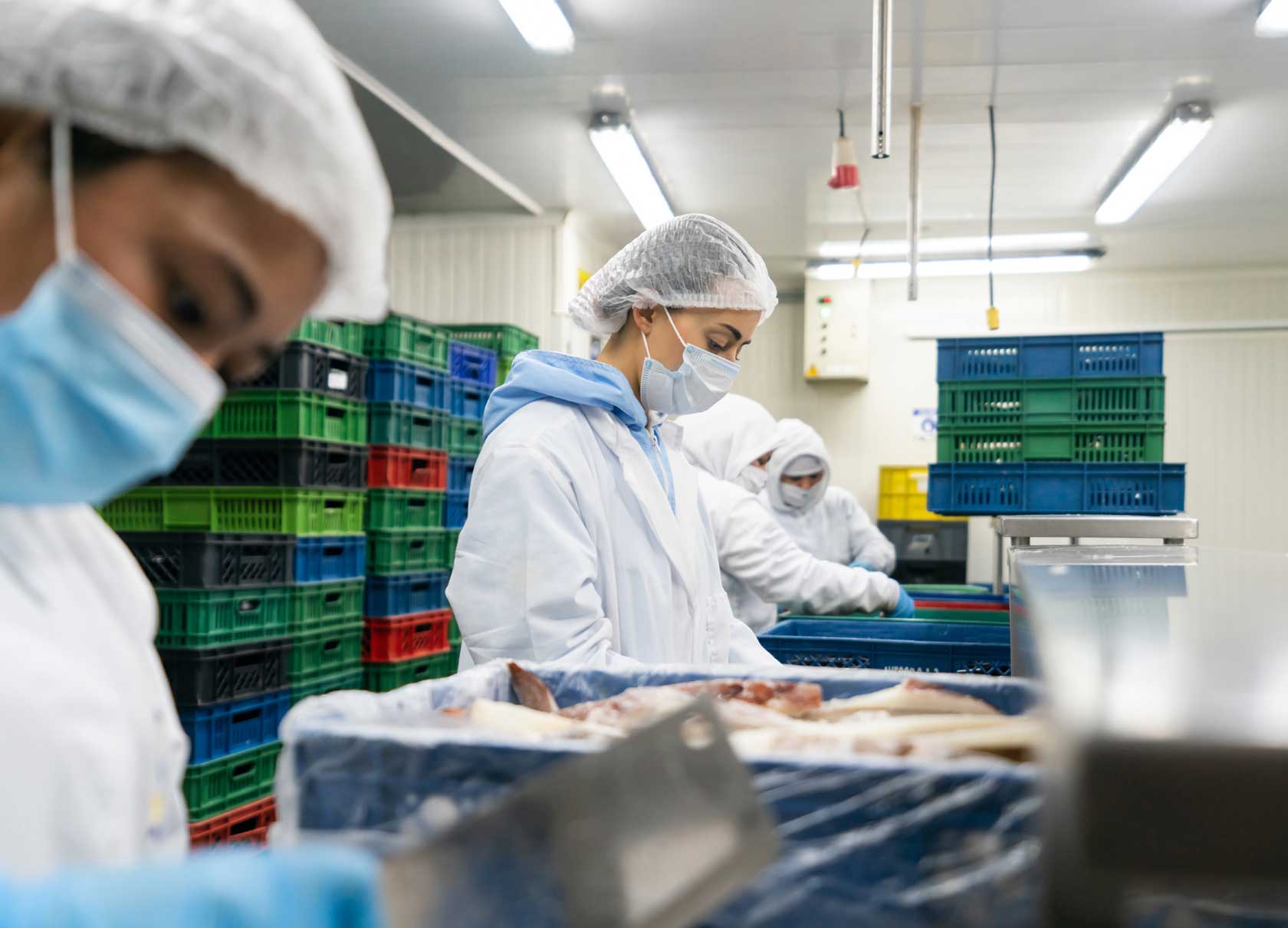
Much as companies in the British meat industry would like to employ local workers, the fact that they’re having to resort to paying £10,000, and in some cases up to £15,000, in one-off costs to bring in staff from as far afield as Asia should ring alarm bells with policy makers. It’s not through choice that they’re doing it, but out of necessity.
Nick Allen, CEO of The British Meat Processors Association reveals that “just two of our members have committed a total of £10 million in the last 18 months to bring in the staff they need from abroad because suitable UK candidates are simply not available. It’s an extra cost on top of wages that we never had before we left the EU. It’s also in addition to a near 20% rise in wages. And to stay viable, these costs are having to be passed on to consumers, stoking food price inflation, and making British companies less competitive.”
The remedy for Britain’s labour shortage is not as simplistic as some would hope. Just telling companies to employ more Brits ignores the two key considerations: Are they physically willing and able to do those jobs? And are they willing and able to move or travel to where those jobs are?
Nick Allen explains: “It’s an inconvenient truth, but many British workers, whether they’re ‘economically inactive’ or not, are either reluctant or physically unable to take up jobs in certain industries. Meat processing is one of those industries that struggles to fill vacancies from the local population.
“This is partly a perception issue (which we’re working on), but the bigger and more intractable issue is the lack of geographical mobility and (for some, but certainly not all meat plant roles) the physically challenging working environment, neither of which we can change, either for productivity reasons or for food safety reasons.”
Two reports out in the last few days illustrate perfectly the struggle we and other industries have been having to get Government to support an optimal skills and labour supply.
On the one hand, the Independent Review into Labour Shortages in the Food Supply Chain highlights the need to allow more skilled and semi-skilled migrant workers into the country to take up vacancies we can’t fill from the domestic labour supply. We support their pragmatic approach and recommendation that government works more closely with industry (as, we think, does ex Defra Minister George Eustice).
On the other hand, the twenty-five-strong ‘New Conservatives’ group of MPs has recently released a report calling for it to be made much harder to source the people and skills we need. Not given to rash statements, even Madeleine Sumption, Director of the Migration Observatory has declared some of the proposals in the report to be ‘a bit outlandish’.
We can see that the answer lies somewhere between short term reliance on overseas workers and a longer-term shift in how this country perceives and values certain careers. But we can only do this with the engagement and support of government, schools and education providers.
We are the UKs largest trade body for the meat industry and provide expert advice on trade issues, bespoke technical advice and access to government policy makers
We are proud to count businesses of all sizes and specialties as members. They range from small, family run abattoirs serving local customers to the largest meat processing companies responsible for supplying some of our best-loved brands to shops and supermarkets.
We are further strengthened by our associate Members who work in industries that support and supply our meat processing companies.
We are the voice of the British meat industry.

17 Clerkenwell Green
Clerkenwell, EC1 0DP
Tel: 020 7329 0776